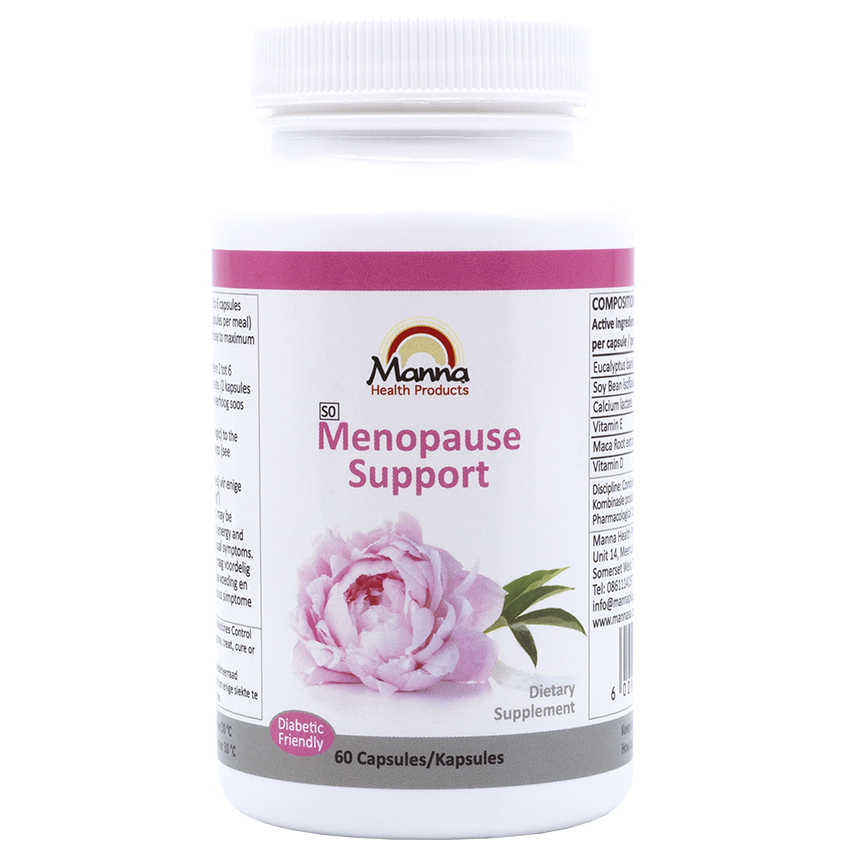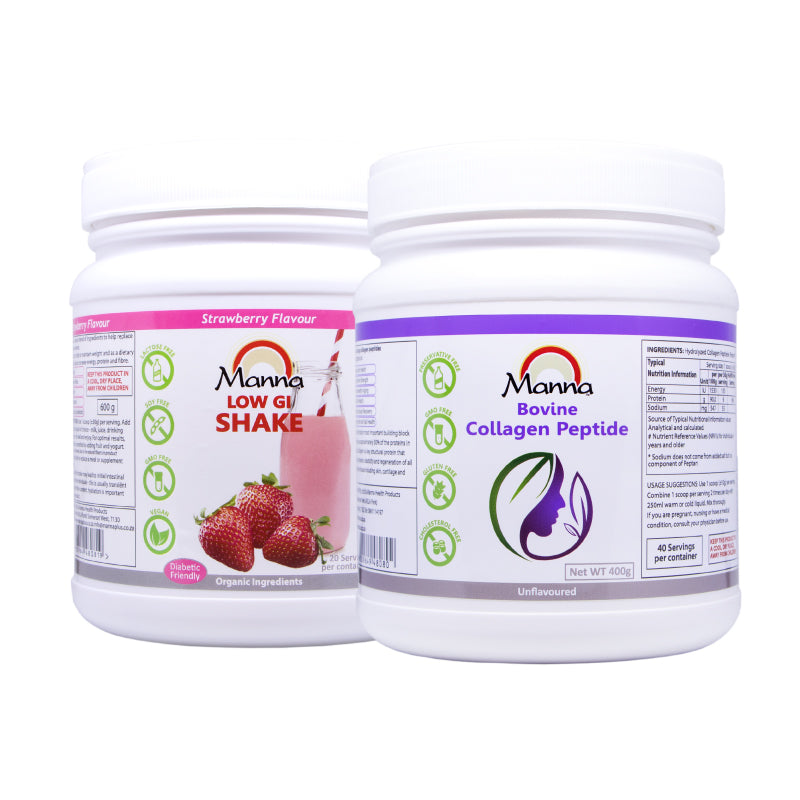Menopause is a natural phase in every woman’s life, marking the end of menstruation and fertility. While this transition can bring significant changes, understanding the process and managing the symptoms can make it a smoother experience.
Menopause isn’t an overnight event—it’s a gradual journey that unfolds over three stages:
- Perimenopause (4–10 years): This transition phase can begin as early as your late 30s or early 40s and lasts 4 to 10 years. Hormone levels fluctuate, leading to irregular periods and early symptoms like hot flashes or mood swings.
- Menopause (around 1 year): Officially begins 12 months after your last period, typically between ages 45 and 55. Hormonal changes stabilize, but symptoms may continue.
- Postmenopause (years to a lifetime): This phase follows menopause and lasts for the rest of your life. Some symptoms may ease, but others, like vaginal dryness or changes in bone density, may persist.
In total, menopause-related symptoms can last from a few years to over a decade, depending on individual factors such as genetics, lifestyle, and overall health.
Early Signs of Menopause
Recognising the signs early can help you prepare for the journey ahead. Common early symptoms include:
- Irregular Periods: Cycles may become shorter, longer, or completely unpredictable.
- Hot Flashes and Night Sweats: Sudden heat waves can disrupt your daily routine or sleep.
- Mood Swings: Irritability, anxiety, or sadness may occur due to fluctuating hormones.
- Sleep Problems: Difficulty falling or staying asleep becomes more common.
- Weight Gain: Hormonal shifts may slow metabolism, leading to unwanted weight changes.
Symptom Duration
- Hot Flashes and Night Sweats: Typically last 7–10 years on average but can persist longer for some women.
- Mood Swings and Irritability: These tend to decrease within a few years postmenopause as hormones stabilize.
- Sleep Disturbances: These symptoms may improve after hormone levels adjust but could continue if they are related to other aging factors.
- Vaginal Dryness and Bone Density Changes: These symptoms can persist indefinitely and often require ongoing management.
Practical Tips for Managing Menopause
Adopt a Healthy Diet
Focus on a diet rich in fruits, vegetables, lean proteins, and whole grains. Foods high in phytoestrogens, like soy, flaxseeds, and legumes, can help balance hormone levels naturally.
Stay Active
Regular exercise improves mood, boosts energy, and supports bone health. Incorporate a mix of strength training, cardio, and flexibility exercises like yoga.
Manage Stress
Practice mindfulness techniques like meditation, deep breathing, or journaling to reduce stress and maintain emotional well-being.
Support Hormonal Balance Naturally
Natural supplements can help ease menopause symptoms effectively and safely. Manna Menopause Support is a trusted supplement designed to alleviate hot flashes, night sweats, and mood swings by using plant-based ingredients to balance hormones.
Relieve Hot Flashes and Night Sweats
For immediate relief, consider using Manna Hot Flush Gel. This soothing, non-greasy gel provides a cooling sensation to help you stay comfortable during sudden heat waves.
Prioritise Sleep
Create a calming bedtime routine and keep your bedroom cool and dark. Avoid caffeine and heavy meals before bed to improve sleep quality.
Why Choose Manna Health Products?
Manna Health understands the challenges of menopause and offers natural solutions to support women through this life stage. Manna Menopause Support and Manna Hot Flush Gel are scientifically formulated to address your needs without synthetic hormones, making them safe and effective.





































